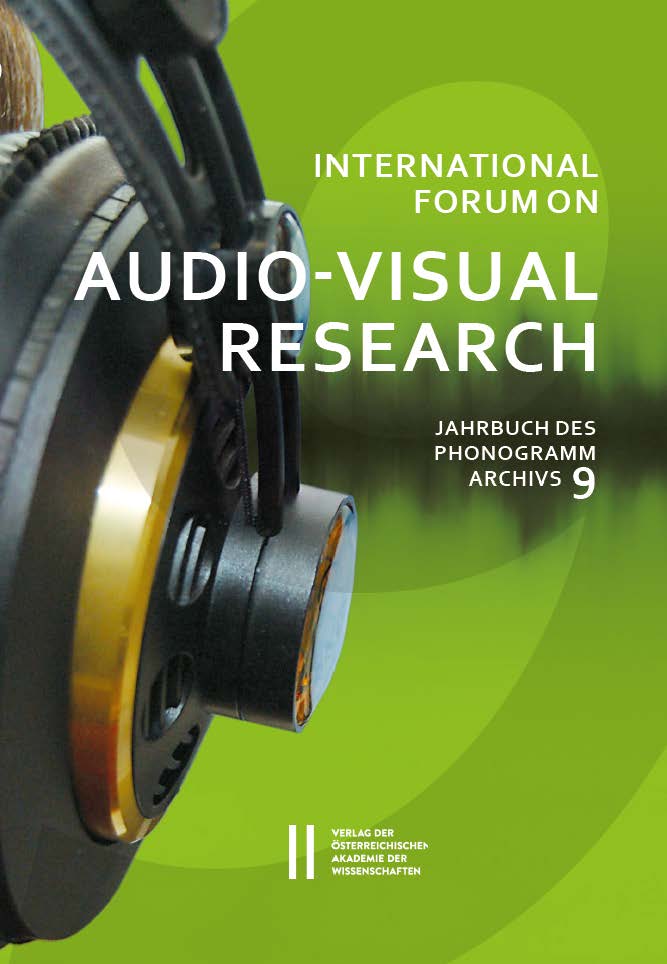
International Forum on Audio-Visual Research - Jahrbuch des Phonogrammarchivs 9, pp. 152-182, 2019/05/02
Among the POWs whose songs and spoken texts were captured for various purposes by the scholars directing the early 20th century phonographic projects of imperial Austria and Germany, there were Turkic-speakers from the Russian Empire—Volga and Crimean Tatars, Bashkirs and others. On the German side, these POWs were inmates of the Wünsdorf/Zossen camps south of Berlin. Thanks to their efforts, recorded materials were included in a volume authored by Gotthold Weil in 1930. Along with these traces of their physiological voices, many of the Wünsdorf inmates have also left behind written testimony: diary-like notebooks, booklets containing poems and song-texts, and letters that were intercepted and never reached their authors’ loved ones back home in the Volga-Ural-Steppes region. While the voice recordings were produced at the behest of scholars, the written materials are a genuine proof of their authors’ social voice. Regardless of reconnaissance activity going on in the background of the phonographic project, the inmates felt free enough to keep a record of their everyday life in detention, wrote up part of their experience in war and imprisonment, and noted down various kinds of texts of interest to themselves. There are some intertextual connections between these personal documents, including some of the letters, and materials from the phonographic project. This paper analyses some of the phonographic and written materials in order to shed light on the war experience of the POWs, paying due attention to their own voice(s).
Keywords: WWI, phonographic projects in imperial Austrian and German prisonerof- war camps, Tatar/Bashkir prisoners of war, notebooks, letters, sound recordings, sung and spoken texts